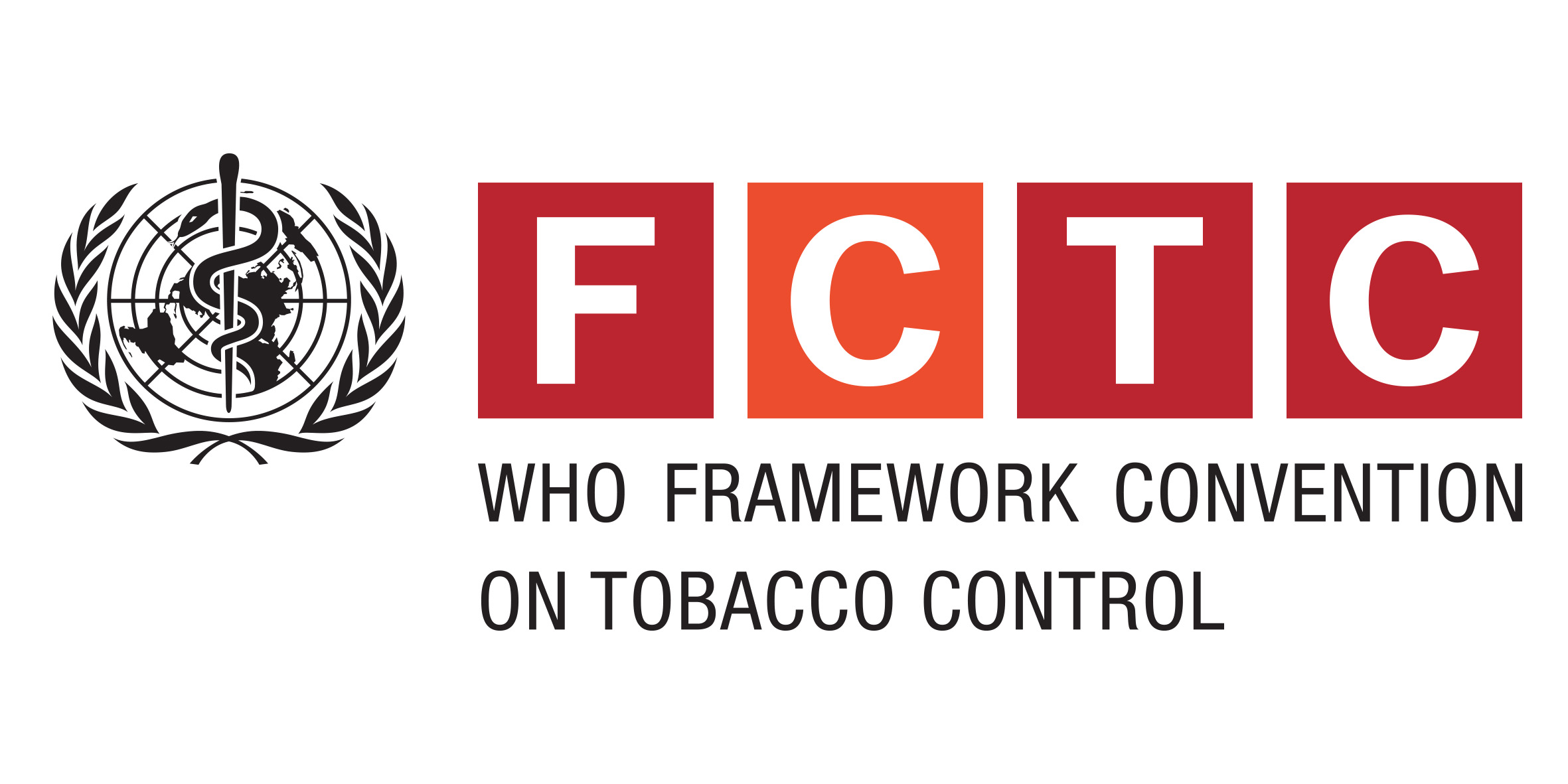Journal Article
Print(0)
The American Journal of Gastroenterology
Am.J.Gastroenterol.
Oct
109
10
1586
1594
LR: 20160610; GR: 1R21DK077742/DK/NIDDK NIH HHS/United States; GR: K05 CA124911/CA/NCI NIH HHS/United States; GR: K05 CA124911/CA/NCI NIH HHS/United States; GR: K23DK59311/DK/NIDDK NIH HHS/United States; GR: R01 CA 001833/CA/NCI NIH HHS/United States; GR:
United States
1572-0241; 0002-9270
PMID: 25047401
eng
Journal Article; Research Support, N.I.H., Extramural; Research Support, N.I.H., Intramural; Research Support, Non-U.S. Gov't; IM
10.1038/ajg.2014.206 [doi]
Unknown(0)
25047401
OBJECTIVES: Results from studies examining the association between alcohol consumption and the risk of Barrett's esophagus have been inconsistent. We assessed the risk of Barrett's esophagus associated with total and beverage-specific alcohol consumption by pooling individual participant data from five case-control studies participating in the international Barrett's and Esophageal Adenocarcinoma Consortium. METHODS: For analysis, there were 1,282 population-based controls, 1,418 controls with gastroesophageal reflux disease (GERD), and 1,169 patients with Barrett's esophagus (cases). We estimated study-specific odds ratios (ORs) and 95% confidence intervals (95% CI) using multivariable logistic regression models adjusted for age, sex, body mass index (BMI), education, smoking status, and GERD symptoms. Summary risk estimates were obtained by random-effects models. We also examined potential effect modification by sex, BMI, GERD symptoms, and cigarette smoking. RESULTS: For comparisons with population-based controls, although there was a borderline statistically significant inverse association between any alcohol consumption and the risk of Barrett's esophagus (any vs. none, summary OR=0.77, 95% CI=0.60-1.00), risk did not decrease in a dose-response manner (Ptrend=0.72). Among alcohol types, wine was associated with a moderately reduced risk of Barrett's esophagus (any vs. none, OR=0.71, 95% CI=0.52-0.98); however, there was no consistent dose-response relationship (Ptrend=0.21). We found no association with alcohol consumption when cases were compared with GERD controls. Similar associations were observed across all strata of BMI, GERD symptoms, and cigarette smoking. CONCLUSIONS: Consistent with findings for esophageal adenocarcinoma, we found no evidence that alcohol consumption increases the risk of Barrett's esophagus.
Thrift,A.P., Cook,M.B., Vaughan,T.L., Anderson,L.A., Murray,L.J., Whiteman,D.C., Shaheen,N.J., Corley,D.A.
1] Program in Epidemiology, Division of Public Health Sciences, Fred Hutchinson Cancer Research Center, Seattle, Washington, USA [2] Cancer Control Group, QIMR Berghofer Medical Research Institute, Brisbane, Queensland, Australia.; Division of Cancer Epid
20140722
PMC4189971
http://vp9py7xf3h.search.serialssolutions.com/?charset=utf-8&pmid=25047401
2014

